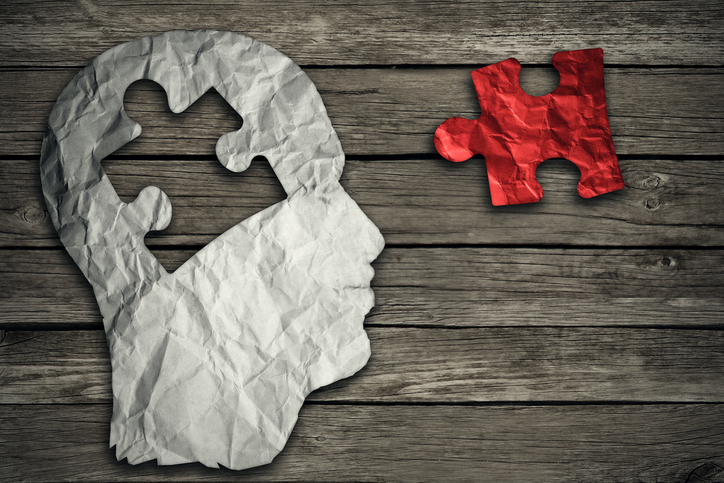
Chris Thompson, founder and CEO of Sober Sidekick, knows what it’s like to feel isolated. He experienced it in his own journey to sobriety, which he began on Thanksgiving day in 2018 when he entered a sober living home. During this time, he came up with the idea for his company.
“What I learned in recovery is [alcohol] was never my problem,” Thompson said. “It was my only solution. It was my solution for my inability to be vulnerable, my inability to reach out, my inability to cope with life and it almost killed me. Had I not met the right people at the right time, it could have likely killed me. So we started Sober Sidekick around the thesis that ‘the opposite of addiction is connection.’”
Sober Sidekick is an app that supports those struggling with any addiction and has over 150,000 members. Since the start of the Covid-19 pandemic, there has been a 23% increase in alcohol abuse and a 16% increase in drug abuse, and people in self-isolation reported a 26% higher consumption than they would normally use, according to the National Library of Medicine. It can take several recovery attempts to become sober, a separate study found. Apps can help support people who are struggling with isolation, including those living in rural and underserved communities, Thompson argues.
“There is a pretty clear line that as isolation increases, so do these negative coping habits,” he said. “Especially when you get more rural or when you deal with underserved populations that may only have Medicaid or don’t have telehealth support. In all these different aspects, the need is even greater.”
The app is free for users. The company has been running on over $1 million in seed funding, including from the American Heart Association. While it’s currently direct-to-consumer, it hopes to work with health plans in the future. Sober Sidekick allows users to track their sobriety, join Alcoholics Anonymous meetings 24/7, message peers and connect with professionals. It also has an algorithm that prompts users to send supportive messages to others on the app, and they’ll receive messages back. The goal is to help people form a connection with others and feel supported, even if they are physically separated, Thompson said.
“Isolation is, in our opinion, the biggest determinant of health in regards to behavioral health, and especially when you’re looking at substance abuse, which is a lifelong issue, a chronic issue, it never goes away … We make that connection, that sense of community, more real time and more accessible,” he said.

Solving Healthcare’s Provider Data Problem Starts with Interoperability
Break down the silos. Take control of your provider data.
Thompson’s comments were echoed by Tara Zoe, co-founder and CEO of SoberBuddy, another app helping those battling addiction. The SoberBuddy app, which costs $12 a month, provides group sessions over Zoom twice a day Monday through Friday. SoberBuddy also allows people to track their sobriety and offers skill-building challenges. Over 150,000 people have used the app.
Providing support digitally greatly expands access and allows for more privacy, Zoe said.
“Everybody thinks, ‘I should be able to solve all my problems through my phone,’” Zoe said. “That has become a comfort zone … Being able to have an access point to a community online is hugely important. It also helps you find your culture and your people … If you’re not from a place that gives you a bunch of access to different kinds of sober paths, then being able to do something online, you can find people that you connect with. And that can be from all over the world.”
Another benefit of using apps for addiction care is having support between in-person sessions, said Hans Morefield, CEO of CHESS Health, in a previous interview. The company works with behavioral health providers, health plans and the public sector to offer its solutions. Its app is meant to complement treatment with a provider.
“Individuals don’t return to use during therapy sessions,” he stated. “They return to use in the 167 hours between sessions when they’re facing triggers or they’re struggling with cravings or they get into a spiral of negative thinking and they have difficulty sleeping.”
Thompson of Sober Sidekick ultimately hopes his app can help people stay in recovery long term. He said he views other digital companies battling addiction as collaborators in a quest to fix the broken system.
“As a result of the incentives only being to pull people out of a ditch and not keeping them out of the ditch, we have this revolving door of treatment and expected failure that is capitalized on,” Thompson declared. “We see a path with Sober Sidekick where our ability to engage with members in the long run, months or years into their recovery journey, will be a foundational building block to the care that we need.”
Photo: SIphotography, Getty Images








